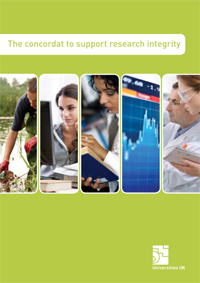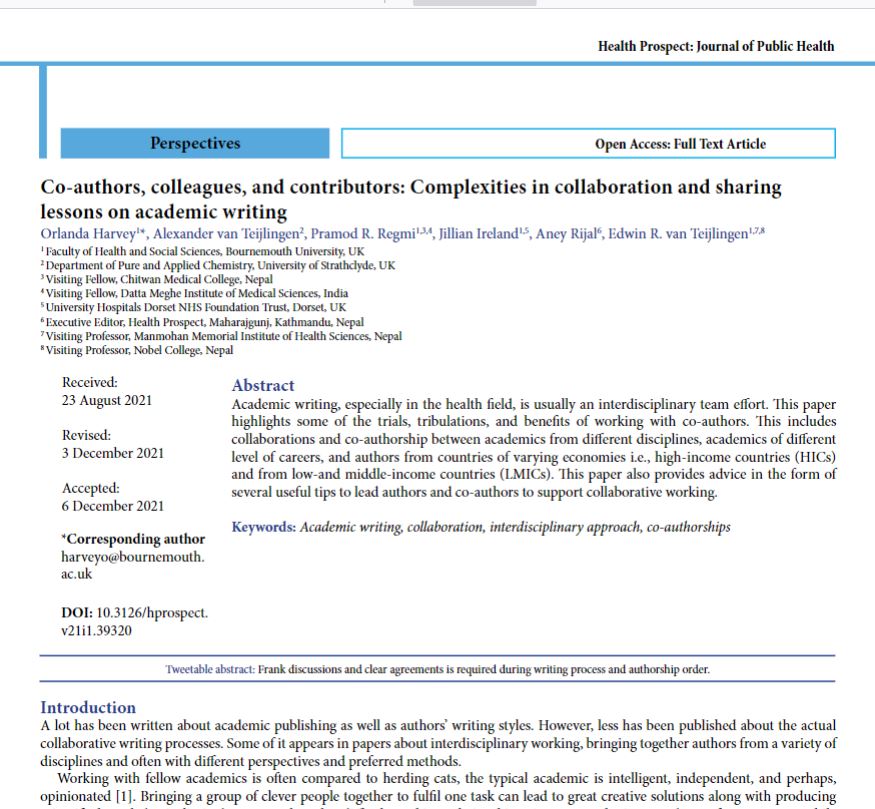
Free photo from https://jooinn.com/
HEIF February 2022 Open Call
HEIF funding now available for innovative Knowledge Exchange (KE) projects
Research England provide universities with funding for knowledge exchange (Higher Education Innovation Fund (HEIF)) to enable them to support and develop a broad range of knowledge-based interactions between themselves and the wider world, which result in economic and social benefit to the UK.
A proportion of BU’s HEIF grant is allocated through an open call for projects lasting up to 24 months in duration. Progress is reviewed on a quality basis and assessed in terms of future viability on an annual basis.
Bournemouth University currently has a modest amount of funding available to spend by 31 July 2022. The primary purpose of the funding is to support a small number of projects: these can be, for example, significant projects that are underway and require a further injection of funds, or for projects with ambition that require a good kick-start or launchpad.
Please be aware that a significant proportion of the funds awarded must be spent by 31 July 2022.
Key details
Amount: We anticipate making funding awards of max. £40k per project.
Time frame: Projects should span a maximum of 24 months.
Closing date: Friday, 11 February 2022.
Guidance
Proposals are sought which make a substantive contribution to further Bournemouth University’s Knowledge Exchange strategy and as such, it is anticipated that only a small number of projects will be awarded. In completing this project form, please be mindful of the specific nature of this call in meeting the following criteria:
- Projects should be linked to the BU HEIF strategy
- Projects must demonstrate how research impact will be accelerated and maximised.
- Enhance external collaborative engagements with industry partners to further the development of innovative projects
- Encourage future funding bids (such as from Innovate UK) with external partners
Eligibility
The HEIF FEBRUARY 2022 Open Call particularly encourages Early to Mid-career researchers (ECRs/MCRs) across Bournemouth University, including those who are already working with industry partners and those who would like to build up new networks.
Further, due to the nature of this fund, we particularly welcome applications:
- from ECRs/MCRs
- aligned to at least one BU SIA
- that demonstrate research interdisciplinarity
- that have industry relevance and or application
Process
Applications will be reviewed by the HEIF Funding Panel with recommendations submitted to the Research Performance and Management Committee (RPMC) monthly. Once a decision has been made, this will be communicated to applicants. We aim to confirm the outcomes within two to three weeks of the closing date for that month.
Drop-in/Information session
There will be a Drop-in/Information session on Thursday 3rd, February from 11:00 to 12:00 via the following MS Team meeting link
THESE SESSIONS ARE INFORMATIVE AND ARE MAINLY Q&A BASED. THESE ARE NOT MANDATORY.
How to apply
To apply, please read the guidance and download and complete the application form. Please read the IP checklist and provide a completed Workplan & Budget from with your application form.
The completed Application form and Workplan & Budget from must be submitted to heif@bournemouth.ac.uk at the latest by 5 pm on Friday, 11 February 2022.
BU’s Funding Panels and Research Principles
The following funding panels operate to prioritise applications for funding and make recommendations to the Research Performance and Management Committee (RPMC).
There are eight funding panels:
- HEIF Funding Panel
- GCRF Funding Panel
- Research Impact Funding Panel
- Doctoral Studentship Funding Panel
- ACORN Funding Panel
- Research Fellowships Funding Panel
- Charity Impact Funding Panel
- SIA Funding panel
These panels align with the BU2025 focus on research, including BU’s Research Principles
The following BU2025 Principles are most relevant to the HEIF Panel:
- Principle 1 – which recognises the need to develop teams
- Principle 5 – which sets of the context for such funding panels
If you have any questions please email heif@bournemouth.ac.uk
 Today’s spotlight is on Research Misconduct.
Today’s spotlight is on Research Misconduct.


 All clinical research, whether a simple interview study or a clinical trial of a new medicine, must adhere to a set of standards called Good Clinical Practice, or in other words, ‘GCP’.
All clinical research, whether a simple interview study or a clinical trial of a new medicine, must adhere to a set of standards called Good Clinical Practice, or in other words, ‘GCP’.

















 April’s Café Scientifique – Should we help machines understand and respond to our emotions?
April’s Café Scientifique – Should we help machines understand and respond to our emotions? Postgraduate Research Experience Survey (PRES) 2024 – 2 WEEKS LEFT
Postgraduate Research Experience Survey (PRES) 2024 – 2 WEEKS LEFT Working with The Conversation: online training session – Wednesday 8th May
Working with The Conversation: online training session – Wednesday 8th May Apply for up to £1,000 to deliver an event and take part in a national festival of public engagement with research
Apply for up to £1,000 to deliver an event and take part in a national festival of public engagement with research MSCA Postdoctoral Fellowships 2024
MSCA Postdoctoral Fellowships 2024 Horizon Europe News – December 2023
Horizon Europe News – December 2023